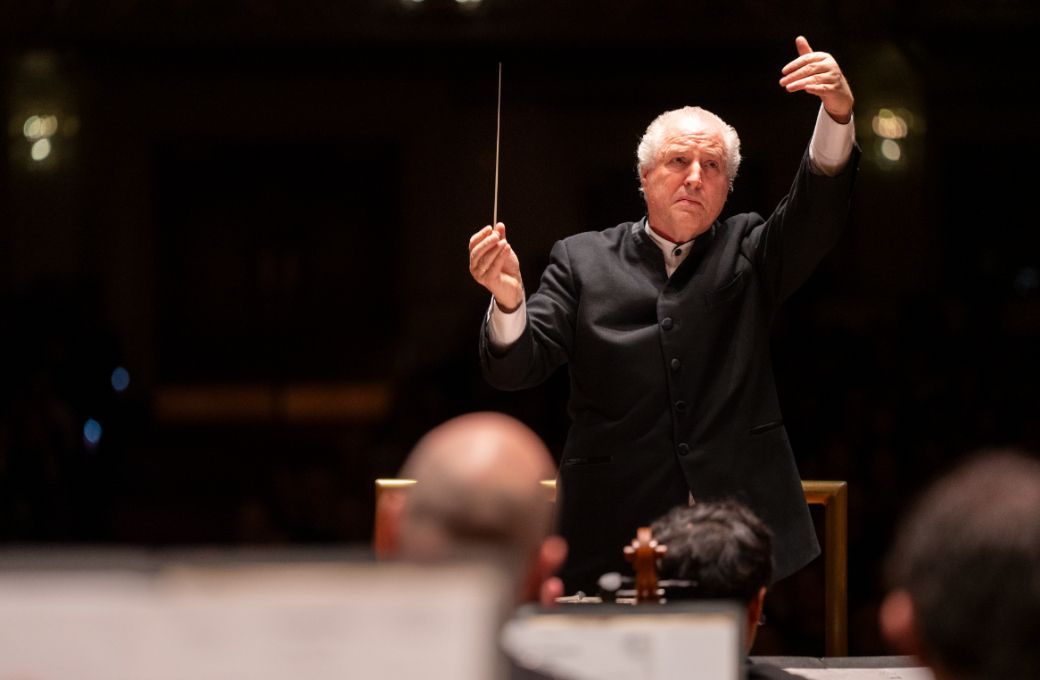On Sunday afternoon in Heinz Hall, Manfred Honeck leapt onto the podium and simultaneously gave the downbeat for Don Juan, without waiting for his entrance applause to subside. The Pittsburgh Symphony Orchestra immediately responded, and that propulsive spirit characterized their romp through Strauss’ great symphonic poem. Honeck sketched an inexorable portrait of the title rogue as conquering lothario, shorn of any romantic suggestion. The title character’s unquenchable lust came through in high-tuned horns, with gossamer woodwind triplets giving voice to the women who perished in his path. Cynthia Koledo DeAlmeida ravishingly contributed the renowned solo oboe melody. Honeck built the tension to a crashing silence, followed by the doomed staccato blasts that close the piece. This was music-drama at its finest.

Strauss occupied prime real estate on the program, which also included the premiere of a new suite based on Arabella. Conceived by Honeck and arranged by Tomáš Ille, the Symphonic Fantasy distilled the three-act opera into a compact 20 minutes, quoting several important scenes and generally translating the character of the romantic comedy to the concert realm. As with Don Juan, the playing was exciting, though perhaps under-rehearsed; entrances and phrasing sometimes appeared tentative. The PSO strings – heartier and earthier than, say, their counterparts in Philadelphia or Cleveland – worked hard to lighten their sound, but the total effect was not as lush and suspended as one might want for a Strauss romance, the ballroom music more Lӓndler than Waltz. Arabella is the second suite Honeck and Ille have adapted after Strauss, following Elektra in 2014, and one wonders which opera might catch their attention next.
The concert’s primary draw was likely the local debut of Sheku Kanneh-Mason, performing Shostakovich’s Cello Concerto no. 1 in E flat major. The British cellist brought a biting edge to the opening Allegretto, with Honeck eliciting wiry playing from the woodwind section and transparent strings to match the mood. Kanneh-Mason adjusted the volume and texture of his sound effortlessly, leaping from a whisper to a wail with seamless control. He unleashed emotional torrents in the Moderato and found a character of sad resignation in the finale – all the more impressive for the heroic weight he brought to the cadenza. Kanneh-Mason has been playing the Shostakovich concerto throughout his young life, but this performance signalled a new level of depth in his understanding of the work – a valuable lesson in reevaluating familiar pieces as you age and evolve as an artist.
Kanneh-Mason’s self-devised encore riffed on a Klezmer melody, which found the cellist alternately bowing and plucking his instrument’s strings, supported by his perfectly tuned whistling. It was an airy moment of levity after the dark waters of Shostakovich. Amid this unusually generous program, the curtain raiser – Lumina, a tone poem by the Indian American composer Nina Shekhar that began with promise but lacked much narrative development – seemed somewhat unnecessary.


